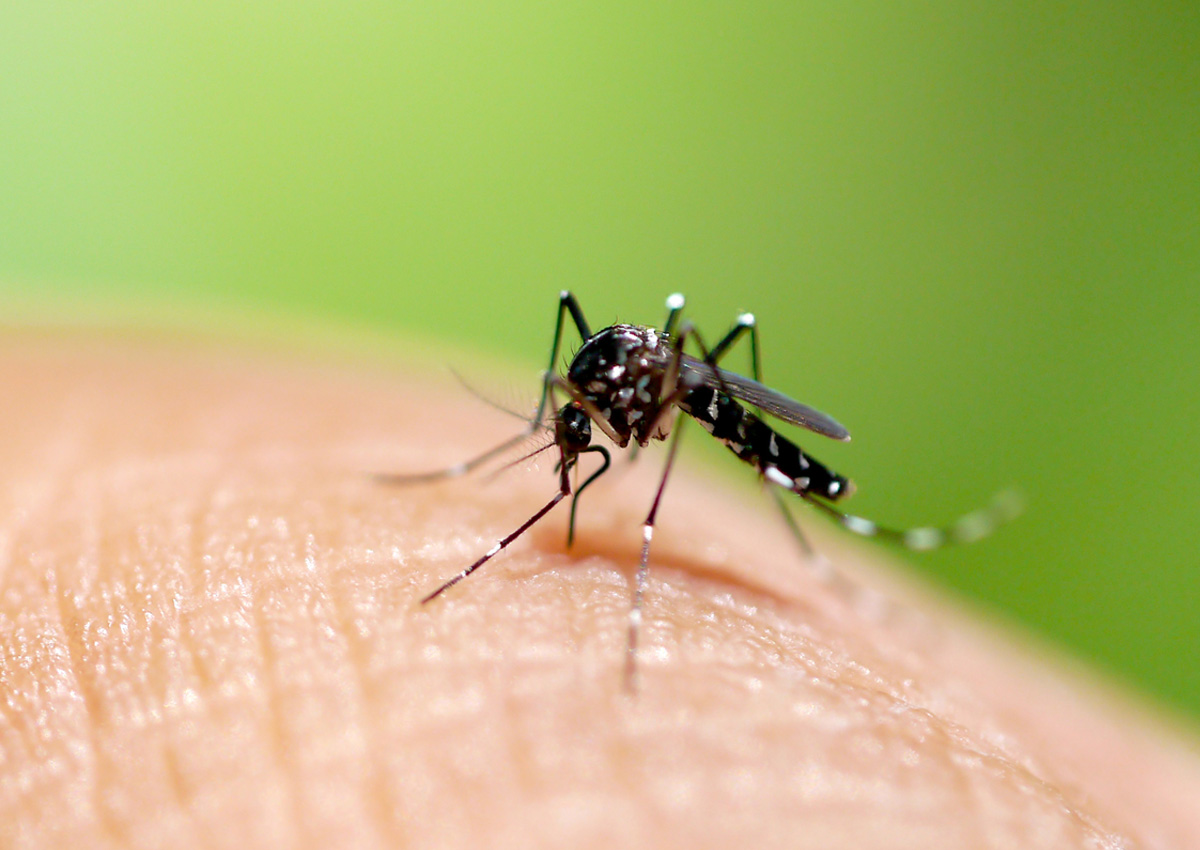
Research Shows Gene Drive Mosquitoes Could Help Malaria Elimination
March 30, 2022| |
A team of researchers from the United States and the United Kingdom has developed a gene drive effector that can delay Plasmodium development in transgenic Anopheles gambiae mosquitoes using antimicrobial peptides in the midgut. This technique could be used to eliminate malaria under different transmission scenarios.
Malaria remains a devastating human disease. Insecticide-resistant mosquitoes and drug-resistant parasites have brought a decades-long period of progress in reducing cases and deaths to a standstill.
The researchers modified a midgut gene of the malaria mosquito An. gambiae to secrete two exogenous antimicrobial peptides, Magainin 2 and Melittin. The genetic modification, capable of efficient non-autonomous gene drive, hampers oocyst development in both Plasmodium falciparum and Plasmodium berghei. It also delays the release of infectious sporozoites while simultaneously reducing the lifespan of homozygous female transgenic mosquitoes. Modeling the spread of this modification using a large-scale agent-based model of malaria epidemiology shows that it can break the cycle of disease transmission across a range of endemic settings.
For more details, read the results in the paper published in bioRxiv.
| |
You might also like:
- Lessons Learned from Target Malaria to Help Guide Future Gene Drive Strategies
- Scientists Develop Gene-Edited Mosquito to Help Eliminate Malaria
- Scientists Develop GM Mosquitoes to Fight Spread of Malaria
Biotech Updates is a weekly newsletter of ISAAA, a not-for-profit organization. It is distributed for free to over 22,000 subscribers worldwide to inform them about the key developments in biosciences, especially in biotechnology. Your support will help us in our mission to feed the world with knowledge. You can help by donating as little as $10.
-
See more articles:
-
Gene Drive Supplement (March 30, 2022)
- Gene Drive Research Makes Exceptional Progress
- Research Shows Gene Drive Mosquitoes Could Help Malaria Elimination
- Key Insights from Existing Mosquito Control Methods Can Help Guide Gene Drive Technology in the Field
- CRISPR-based Gene Drive Tested in the Diamondback Moth
- Spatial Modeling Used to Analyze Gene Drives for Vertebrate Pest Control
- Study Shows California Residents' Perceptions of Gene Drive Systems to Control Mosquito-Borne Diseases
-
Read the latest: - Biotech Updates (February 4, 2026)
- Gene Editing Supplement (January 28, 2026)
- Gene Drive Supplement (February 22, 2023)
-
Subscribe to BU: - Share
- Tweet

